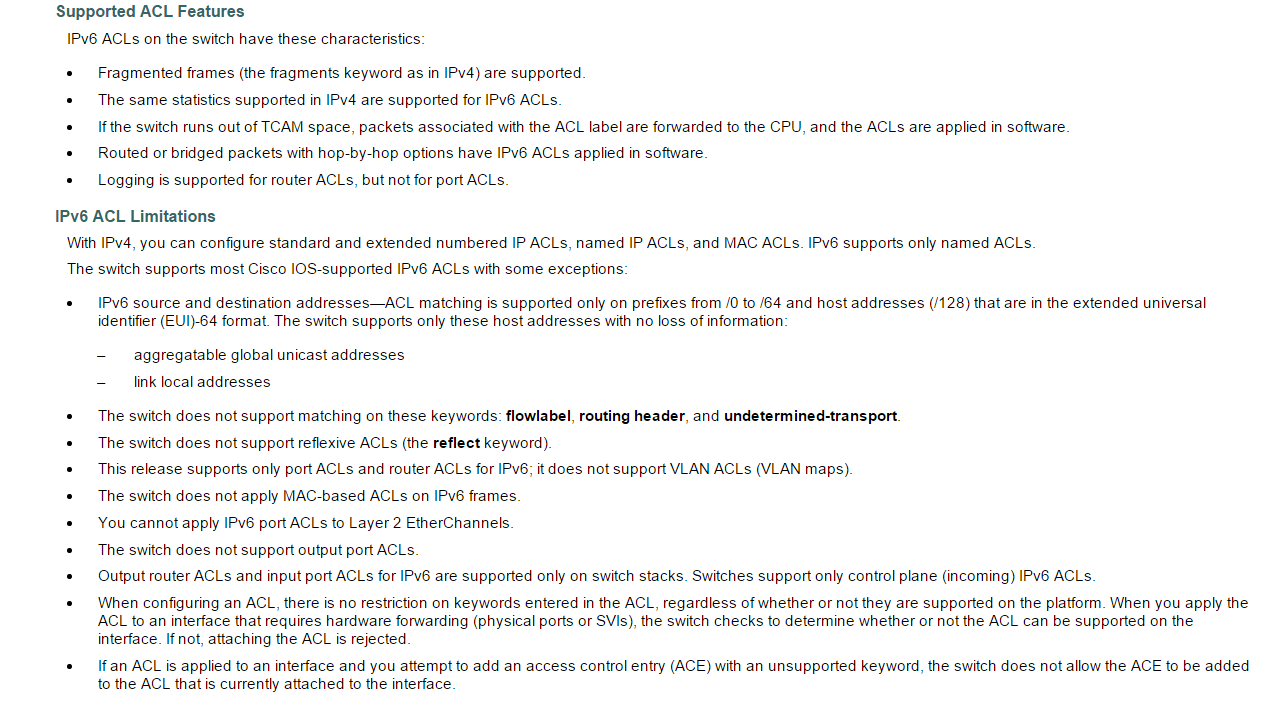0
Hack iOS 9 and get $1 million, cybersecurity firm says
The market for unpatched vulnerabilities has grown so much that an exploit reseller is willing to pay US$1 million dollars for an attack that can compromise iOS 9 devices.Zerodium, an exploit acquisition company, promises to pay $1 million to researchers who can provide it with an "exclusive, browser-based, and untethered jailbreak for the latest Apple iOS 9 operating system and devices."In the context of iOS devices, jailbreaking refers to bypassing the security restrictions enforced by the mobile operating system in order to install applications that haven't been authorized by Apple and are not distributed through the official app store.To read this article in full or to leave a comment, please click here





 Ericsson and Huawei pitch in for the fourth ONOS code release in 10 months.
Ericsson and Huawei pitch in for the fourth ONOS code release in 10 months.

